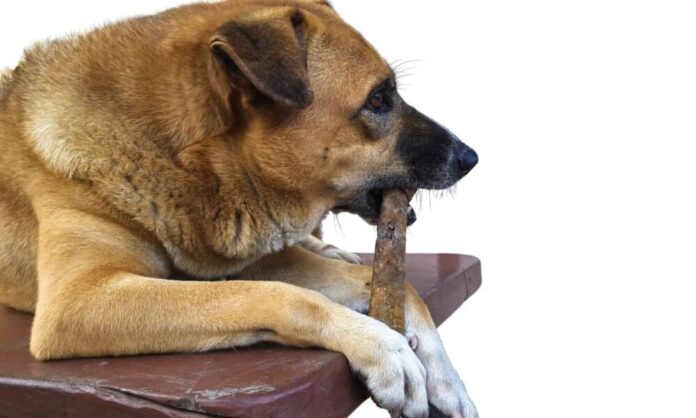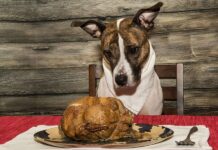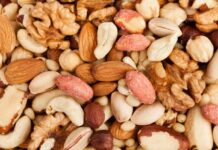Understanding Dog Chews: Promoting Well-Being and Avoiding Hazards
Chewing is an essential activity for dogs that significantly contributes to their overall well-being. This repetitive action stimulates the release of serotonin and dopamine—two crucial neurotransmitters that bolster mental health and enhance mood. In addition to uplifting spirits, chewing also plays a vital role in maintaining your dog’s dental health.
The Importance of Chew Toys for Dogs
To satisfy your dog’s innate urge to chew, it’s essential to provide a variety of chew toys. These toys not only amuse your pet but also promote a healthier chewing habit. Moreover, tasty chews can further fulfill your dog’s desire to chew. However, pet owners must remain vigilant about certain chews deemed hazardous.
Hazardous Dog Chews to Avoid
While many dog chews are beneficial, some can pose severe risks. Below are a few types of chews that are especially dangerous for dogs:
1. Rawhide
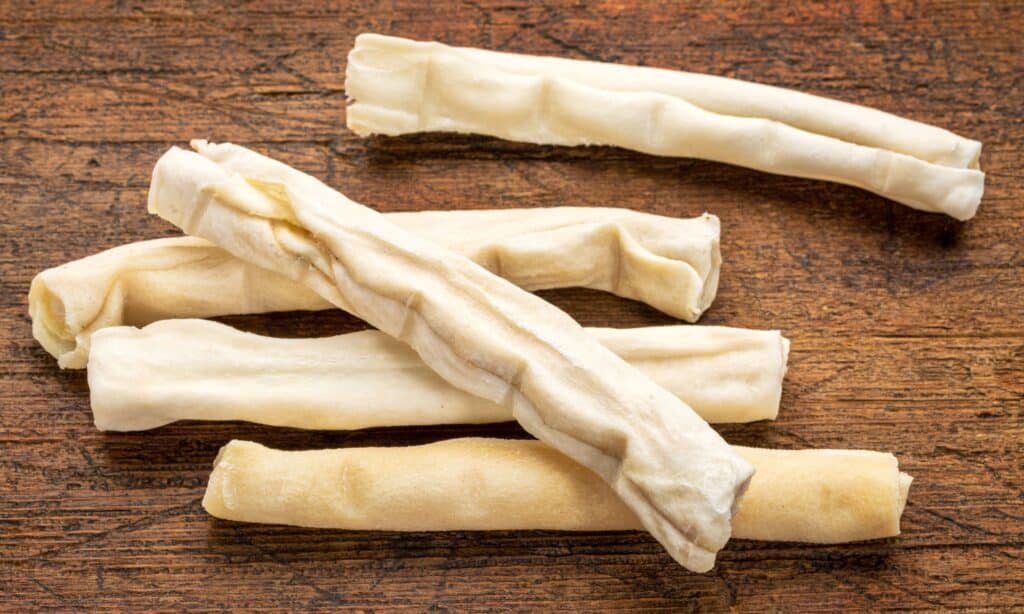
Rawhide can be problematic, especially large pieces that are difficult to digest. They can irritate or block the gastrointestinal (GI) tract, posing a serious health risk. Additionally, rawhide is often treated with chemicals that may be harmful. Nevertheless, some rawhide products are designed with digestibility and safety in mind. For more information about safe rawhide options, consult your veterinarian.
2. Hard Plastic or Nylon Chews
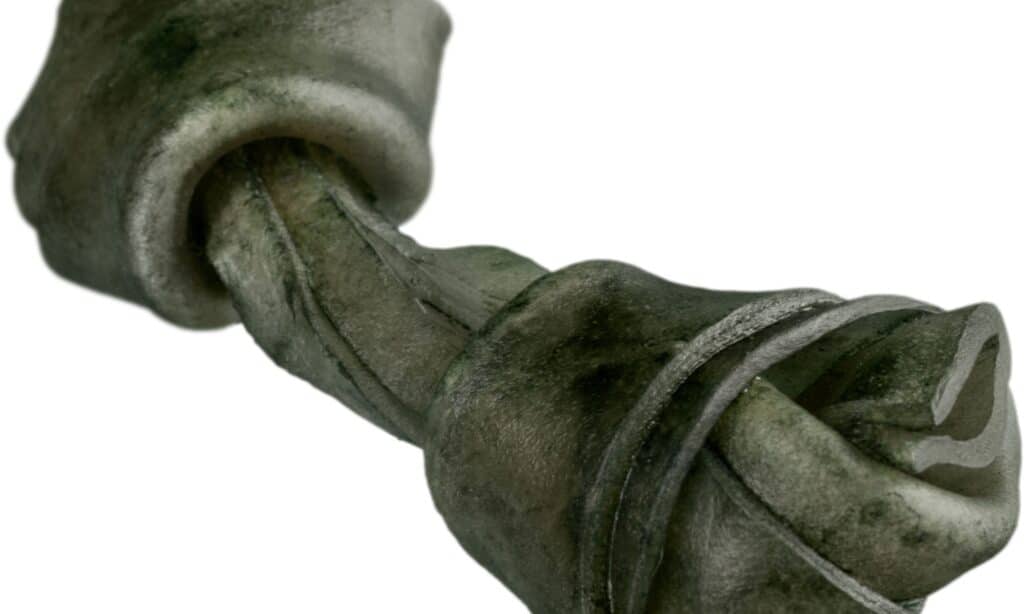
Chews made from hard plastic or nylon may seem durable, but they often pose risks of dental damage. These objects can be too hard for dogs, potentially breaking their teeth or creating sharp edges that can injure their mouths. Furthermore, if swallowed, these chews can lead to dangerous obstructions in the digestive tract.
3. Animal Bones, Antlers, and Hooves
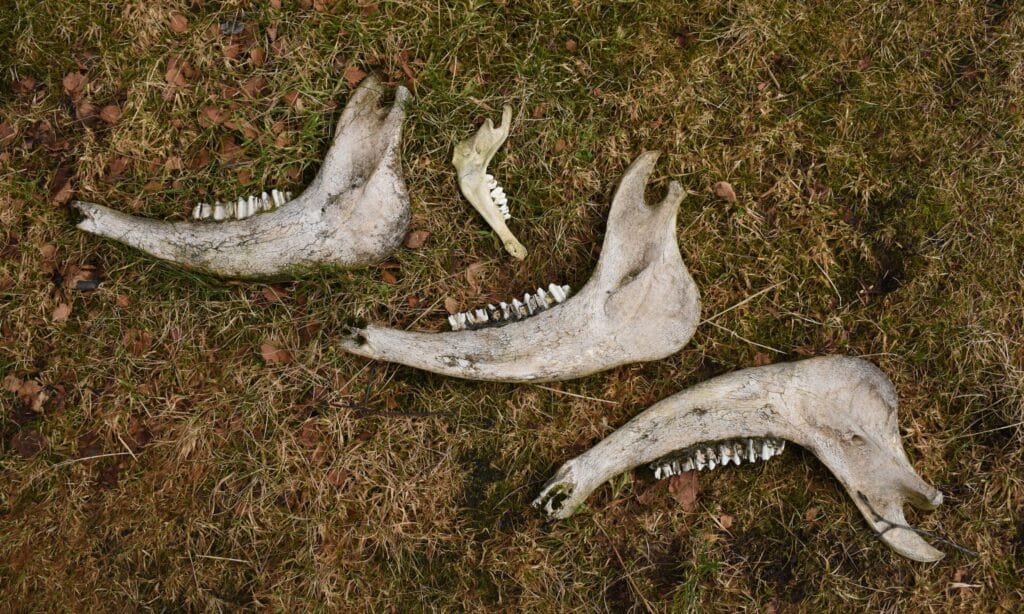
Hard, indigestible animal parts can present significant dangers to your dog’s dental health and digestive system. Cooked bones, in particular, can splinter, potentially injuring your dog’s mouth or causing intestinal blockage. Some natural options like buffalo or goat horns may be less harmful, as they tend to soften while being chewed; however, these should only be given in moderation.
Choosing the Right Chews for Your Dog
Every dog is unique, so it’s essential to select chews that suit their size, personality, age, and specific chewing habits. For dogs that are overweight or possess sensitive stomachs, sticking to non-edible chew toys may be the best route. Don’t hesitate to try various types of chews to discover what your dog enjoys most. Generally, healthy dogs that are open to trying different things will appreciate a wider selection.
It’s crucial to remember that what may be safe for one dog might not be appropriate for another. The label “edible” does not always guarantee safety. Always monitor your pet while they enjoy their chews and consult a veterinarian for personalized recommendations.


